
Islamic Finance and Anti-Money Laundering and Combating the Financing of Terrorism (AML/CFT)
Recommendation
The global financial system has identified and implemented measures against money laundering (ML) and terrorist financing (TF). But international experts have not extensively studied how such risks may impinge on Islamic finance. The criminal exploitation of gaps in safeguards among nations can pose threats to the global financial infrastructure. No evidence suggests that Islamic finance faces ML/TF risks that differ from those confronting traditional banking, but this does not necessarily mean that precautions in one system will translate effectively to the other. This enlightening report from the International Monetary Fund provides a robust analysis that identifies some of these potential hazards, and getAbstract recommends it to policy makers and financial professionals.
Summary
About the Authors
Nadim Kyriakos-Saad et al. are legal and financial experts at the International Monetary Fund.









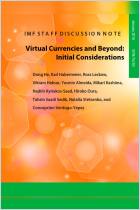
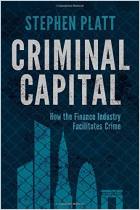

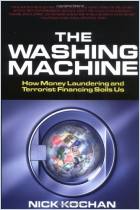
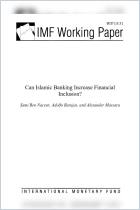

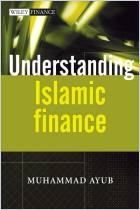





Comment on this summary or 开始讨论